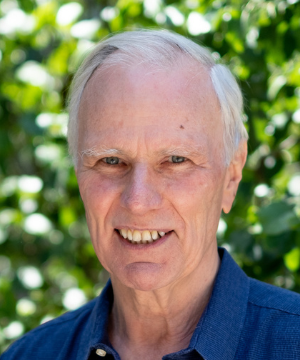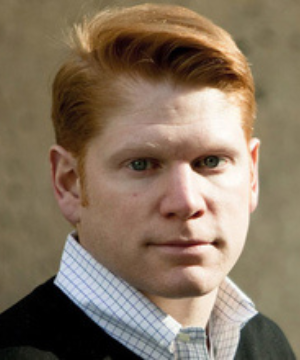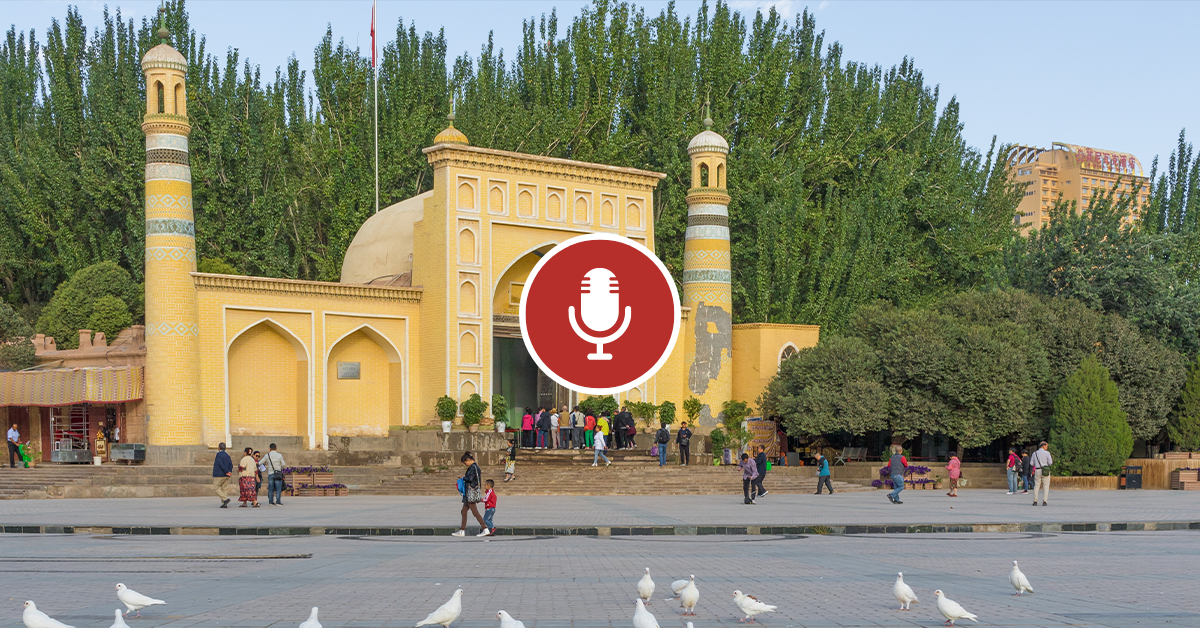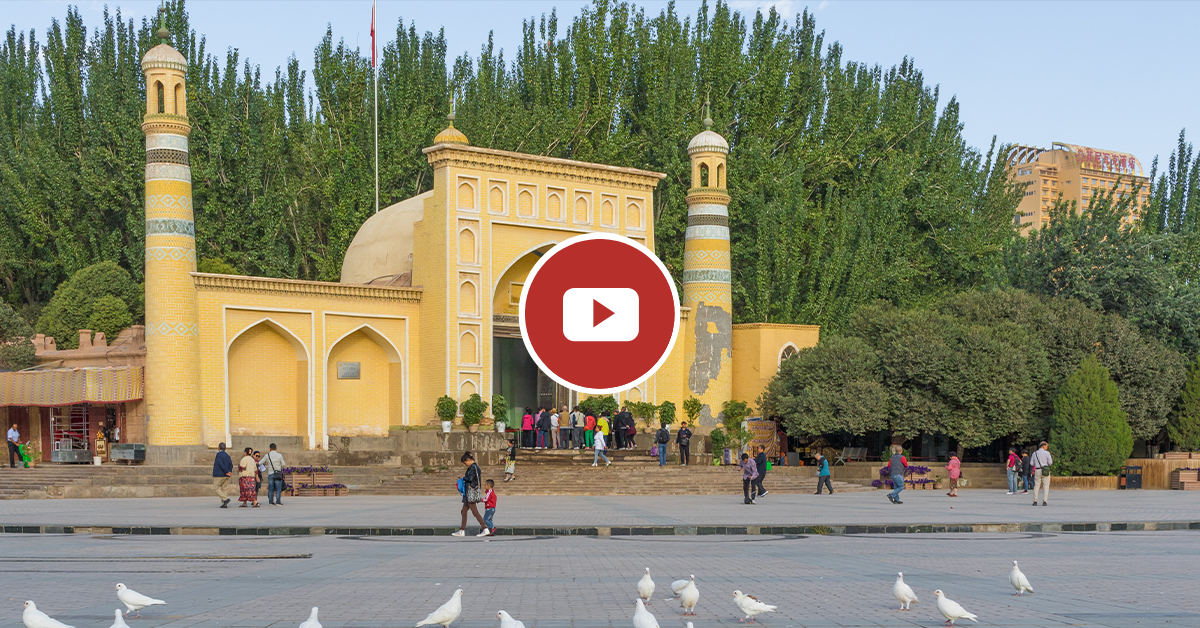Friday, June 24, 2022 | 11:45 AM EDT - 12:15 PM EDT
Zoom Interview | Philip Alston, Thomas Kellogg
The U.N. High Commissioner for Human Rights Michelle Bachelet visited China, including Xinjiang, in late May 2022, the first visit to China of a U.N. high commissioner since 2005. On May 28 she issued an official statement saying that she had met with a range of central and provincial level officials in Beijing and Guangzhou, as well as with local officials, civil society representatives, academics, and religious leaders in Urumqi and Kashgar. She described her visit as “an opportunity to hold direct discussions… on human rights,” but not an investigation. The visit was criticized for offering a propaganda victory to Beijing while failing to condemn policies on Uyghurs and other Muslim minorities in Xinjiang.
In an interview conducted on June 24, 2022, John Norton Pomeroy Professor of Law at New York University Philip Alston discusses what the visit did and did not achieve in a conversation with Thomas Kellogg.
Speaker

Philip Alston
Philip Alston is John Norton Pomeroy Professor of Law at the New York University Law School. He was U.N. Special Rapporteur on extreme poverty and human rights (2014-2020), and undertook a country visit to China in 2017. Other U.N. capacities include: special rapporteur on extrajudicial executions (2004-10), chairperson of the UN Committee on Economic, Social and Cultural Rights (1991-98), independent expert on reform of the U.N. human rights treaty body system (1989-97), and special advisor to the U.N. High Commissioner for Human Rights on the Millennium Development Goals (2004-07). He was also a member of the U.N. Security Council Commission of Inquiry on the Central African Republic, and of the Independent International Commission on Kyrgyzstan.
Professor Alston received degrees in law and economics in Australia and a JSD from Berkeley.
Moderator

Thomas Kellogg
Thomas E. Kellogg is executive director of the Georgetown Center for Asian Law, where he oversees programs related to law and governance in Asia. He is a scholar of legal reform in China, Chinese constitutionalism, and China’s approach to international law.
Professor Kellogg has written widely on law and politics in China, U.S.-China relations, and Asian geopolitics. He has also lectured on Chinese law and politics at a number of universities in the United States, China, and Europe. He has taught courses on Chinese law at Columbia, Fordham, and Yale Law Schools. A member of the National Committee’s Public Intellectuals Program and track II dialogue on human rights and the rule of law, he holds degrees from Harvard Law School and Hamilton College.

